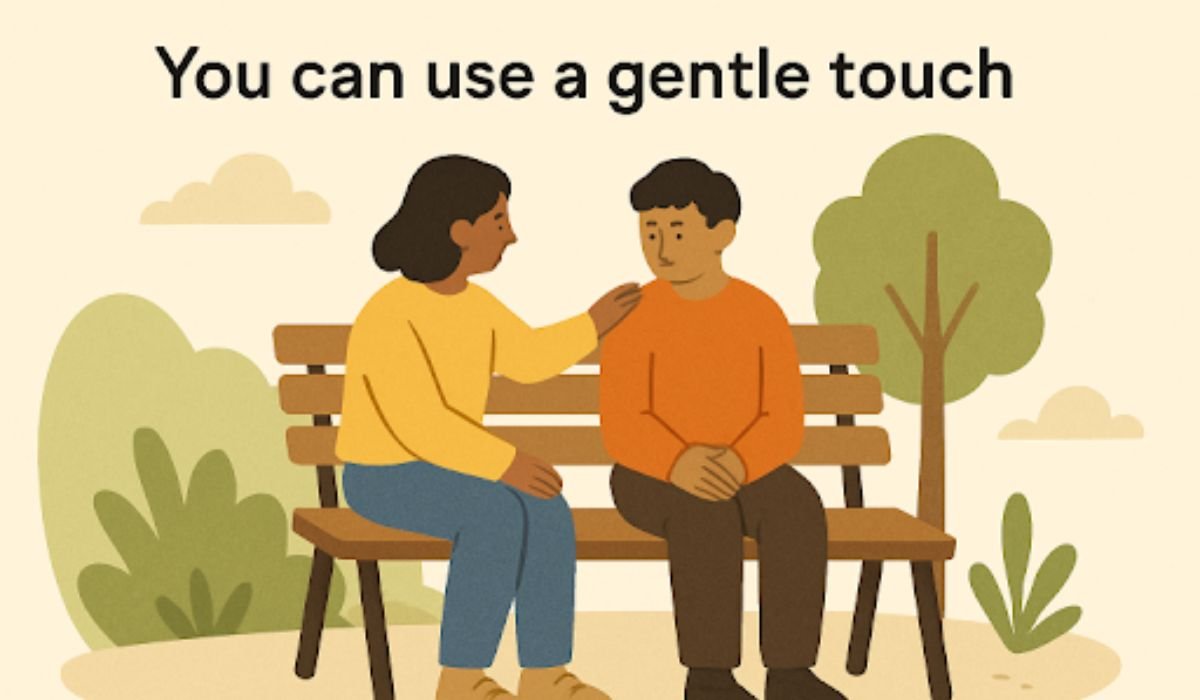Introduction to Mental Health Intensive Outpatient Programs
Mental Health Intensive Outpatient Programs (IOPs) play a crucial role in contemporary mental health care by providing a structured and supportive treatment framework for those who require more comprehensive attention than standard outpatient care can offer without necessitating full-time hospitalization. As a flexible alternative, IOPs empower individuals to pursue effective mental health treatment while actively engaging in their personal and professional obligations, striking a balance that often proves vital for holistic recovery. These programs are tailored to serve diverse populations, addressing various mental health challenges and goals, from stabilizing acute symptoms to supporting long-term well-being. The Mental Health Intensive Outpatient Program in Knoxville, TN exemplifies these adaptable services by crafting personalized treatment plans that reflect individual needs and circumstances.
IOPs typically consist of multiple therapy sessions each week, including individual counseling and group therapy, which allow participants to integrate new skills and coping mechanisms into their daily lives. This immersion into a supportive therapeutic environment facilitates the application of therapeutic principles outside of clinical settings, reinforcing the progress made during treatment. As a cornerstone of modern mental health strategy, these programs reflect a broader shift toward more accessible and adaptable care models that seek to empower patients by providing them with the tools and confidence needed to navigate their pathways to recovery.
Key Benefits of Intensive Outpatient Programs
One of the most appealing benefits of IOPs is their inherent flexibility, which enables patients to continue with essential life functions such as work, education, and family responsibilities while receiving intensive treatment. This continued engagement with everyday activities supports practical life commitments and facilitates the real-world application of therapeutic learning. Additionally, IOPs tend to cost less than inpatient services, making them a more feasible option for individuals seeking quality mental health care on a budget. By allowing for a custom-fit treatment experience that aligns with personal schedules and financial resources, these programs effectively democratize access to comprehensive mental healthcare.
According to data from the National Alliance on Mental Illness, individuals participating in IOPs frequently report significant improvements in their mental health. The personalized nature of these programs, which are tailored to meet the unique requirements of each participant, often leads to enhanced therapeutic outcomes compared to one-size-fits-all approaches. By complementing their therapeutic strategies with versatility and accessibility, IOPs maintain a crucial place in effective mental health treatment strategies.
Understanding Treatment Approaches
IOPs integrate a variety of evidence-based treatment methods to address the complexities of mental health conditions. Prominent among these is cognitive-behavioral therapy (CBT), which helps individuals identify, challenge, and alter negative thought patterns and behaviors that contribute to their mental health issues. Patients can develop stronger mental resilience and adaptability by learning to replace detrimental thought processes with positive and constructive alternatives.
Another key component is group therapy sessions, which foster a sense of community and shared understanding among participants. These interactions create opportunities for individuals to draw strength and insight from the experiences of their peers, mitigating feelings of isolation and promoting mutual growth. In addition, individual counseling sessions provide a confidential space to tackle personal challenges and define meaningful goals, facilitating deeper self-exploration and introspection. Together, these varied approaches create a robust and holistic treatment plan that caters to mental health recovery’s emotional and practical dimensions.
Choosing the Right Program for You
Identifying an IOP that aligns with personal needs can substantially impact the effectiveness of one’s recovery journey. It is crucial to assess different program characteristics, such as specialization areas, therapeutic techniques, and the qualifications and experience of clinical staff, to ensure they are equipped to address specific mental health requirements. Further considerations might include the program’s location, duration, and schedule flexibility to fit seamlessly with current life commitments.
For additional insights into selecting the most suitable mental health program, resources like Psychology Today recommend an interactive approach. Engaging program providers with questions regarding their therapeutic methods, program expectations, and success metrics can help individuals gauge whether a particular program is an appropriate match for them. An informed decision ultimately reinforces one’s progress, builds trust in the recovery process, and heightens the motivation to pursue and achieve lasting wellness.
Critical Role of Family and Peer Support
Family involvement in the recovery process of mental health IOPs can significantly bolster treatment outcomes by providing emotional and practical support. When loved ones actively participate in therapy, they offer invaluable encouragement and accountability, motivating individuals to stay committed to their recovery goals.
Peer support groups offer another layer of reinforcement in the healing process by providing an empathetic environment composed of individuals who have undergone similar challenges. By sharing experiences and coping strategies, participants contribute to a communal understanding that enhances therapeutic progress. This shared experience fosters a sense of inclusion and belonging, counteracting the isolation that often accompanies mental health struggles.
Common Challenges and Solutions
While the benefits of IOPs are plentiful, participants may encounter challenges such as managing time commitments and dealing with emotional setbacks. Balancing intensive therapy with daily life requires adaptation and robust time management skills. Practical solutions include setting defined schedules incorporating therapy while allowing adequate time for personal and professional duties.
Emotional challenges may arise as individuals confront deep-seated issues and work through the intricacies of their conditions. Developing resilience through mindfulness techniques, such as meditation and relaxation exercises, can be instrumental in navigating these emotional hurdles, leading to a heightened sense of self-regulation and empowerment.
Incorporating Wellness Practices
Supplementary wellness practices can play a pivotal role in enhancing the overall efficacy of IOP treatment plans. Strategically integrating activities such as mindfulness meditation, regular physical exercise, and nutritious dietary habits can profoundly affect mental well-being. These practices, aimed at boosting mood, alleviating stress, and promoting physical health, complement the primary therapeutic strategies of IOPs and empower individuals with greater control over their mental health.











